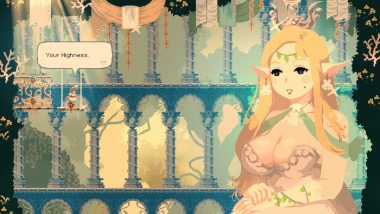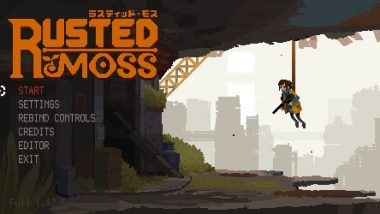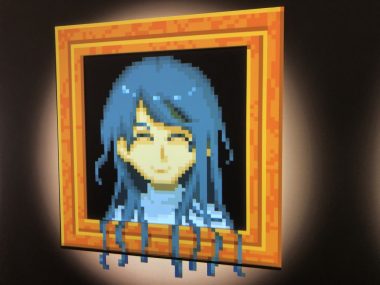Japanese indie publisher PLAYISM looks back at 2020: the reasons for their breakthrough, and their biggest concerns

Publication date of the original Japanese article: 2020-12-25 18:50 (JST)
Translated by. Ari Clark
* Editor’s Note
Here at Active Gaming Media, we run our game publishing operations under the PLAYISM brand name. Shunji Mizutani is the man who started up that game publisher and is in charge of the operations. What was the last year like for an indie publisher, in a game industry feeling the effects of the coronavirus pandemic? We asked him to tell us all about it in his own words.
“2020 is going to be a breakthrough year for PLAYISM.”
At the beginning of 2020, I gave an answer along those lines during a media interview, but I had no confidence in it at all. The plans of an indie publisher are easily shattered. Most of our titles get postponed past their planned release dates, and we never know whether any one of them is going to be a hit or not in the first place, so we have no way of knowing if we’re going to have a breakthrough until it actually happens.
But in the moment, it felt like that interviewer really wanted me to say this was going to be our breakthrough year, and it wouldn’t be much of an article if I just said, “I have no idea how 2020 is going to go,” so I said it was going to be a breakthrough year for us out of a sense of desperation.
“Wow, I don’t hear that very often! I can’t wait to see what you do.”
When the interviewer told me that at the end of the interview, I couldn’t bring myself to admit, “I only said it because you looked like you wanted me to.”
And then came 2020. In terms of our sales, we achieved growth of almost 100% over the previous year, and it really was a breakthrough year for us. Maybe I should try saying things like that more often.
Of course, we sell something different every year, and I’m probably not phrasing this very well, but since we carry indie games, which are hugely hit-or-miss, the numbers are of course not a complete picture of our results. Still, it remains true that we managed to grow as a company without a slump. In this article, I’d like to summarize each of the primary factors that went into this.
The convergence of game events into online events
When it comes to promoting a video game, event exhibitions hold an important position. Despite that position, though, the effectiveness of exhibiting at offline events is a complicated topic. For example, say you’ve set up two stations for people to try out a game. If each person plays for 10 minutes at an event that lasts for 8 hours, you can only reach out to a maximum of 96 people. Even if you double your stations, you still won’t reach 200 people.
For that matter, what percentage of those people will buy the game? How many times more people can you reach, by posting about it on Twitter, or having someone do a Let’s Play? And even if you add more stations, it can rapidly inflate your costs… The point is, the cost-effectiveness of event exhibitions is terribly low. This has been an ongoing problem since long before the coronavirus.
Of course, the effectiveness of an exhibit isn’t just about getting people to play your game. Even if they don’t play it, the attendees are pretty much guaranteed to be gamers, and even just catching the attention of people like that is worth a lot. Plus, there’s the possibility of being written about in a news article. If your exhibit booth is cleverly constructed, you can also expect people to take photos of it and spread them on social media.
And above all, there will be developers, distributers, and platform representatives at the event venue. When you add up all of that, even if the number of people who play your game is small, just having a wonderful booth is an extremely crucial factor in boosting your sales. In other words, event exhibits may seem like business-to-consumer events, but they’re half a business-to-business measure as well.
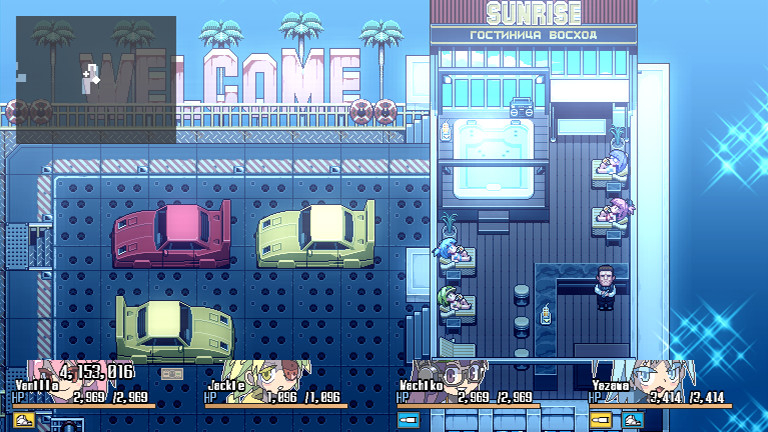
Because of this, we’ve been skeptical for a long time about event exhibitions in terms of promoting games. If the point is to promote games, aren’t there a lot of better ways to do that…? Due to these reasons, we’ve been thinking all along about what sort of events would really enable us to reach out to gamers. While studying up on all this, I looked into things like the live broadcasts for Fate/Grand Order (aka FGO).
And then, the coronavirus crashed down on us this year. At the beginning of the year, we were still assuming it had little to do with us, but then, before we knew it, events scheduled for March like PAX East and the Game Developers Conference were being canceled, and such events were considered out of the question for the time being. On the contrary, a state of emergency was declared soon afterward, and even just doing our day-to-day business began to seem impossible, as the entire world faced a major crisis.
At that moment, Daichi Saito of Why So Serious, Inc., who was “feeling riled up about the coronavirus and wanted to do something on behalf of indie gaming” and had been working with us on Record of Lodoss War: Deedlit in Wonder Labyrinth, brought in Ryuta Konuma of Ryu’s Office, a marketing company known for its promotional campaigns focused on live game broadcasts. Mr. Konuma himself was the idea man behind the aforementioned live FGO broadcasts.
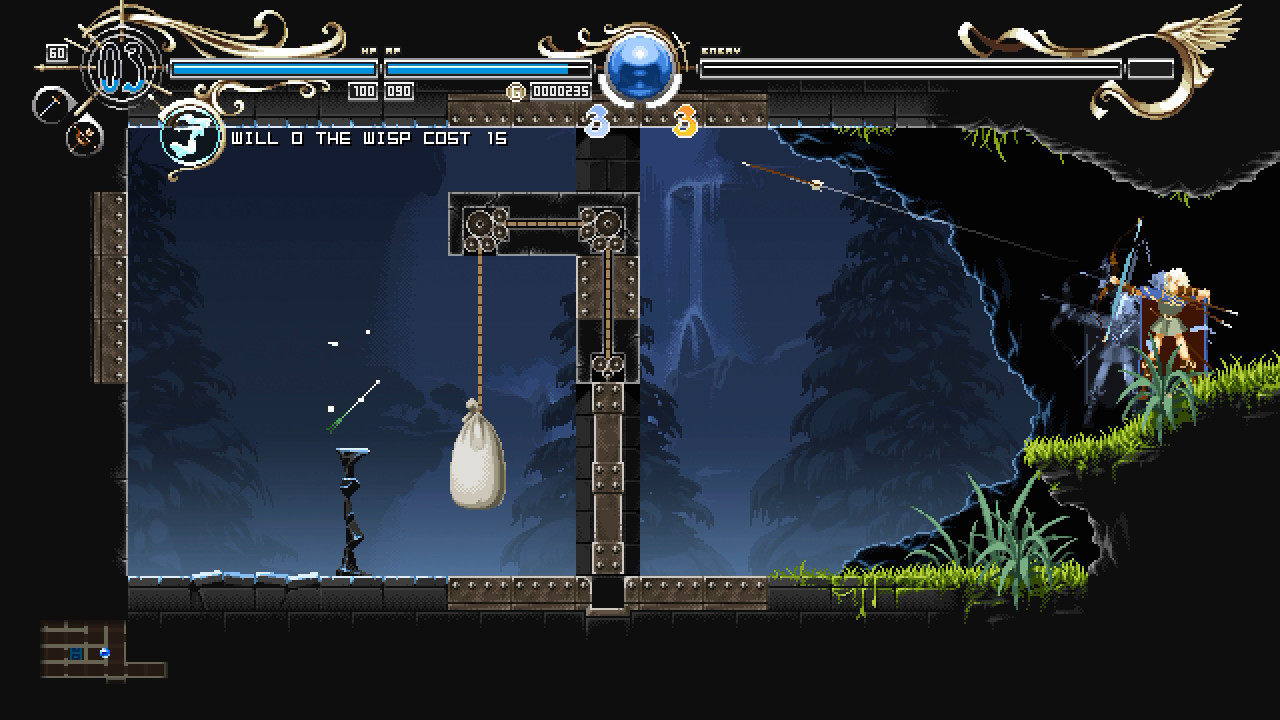
They were interested in doing live broadcast events for indie games on a large scale, and Ryu’s Office would take care of the practical side of things, while Mr. Saito would be the sponsor. They hoped to get our full cooperation at PLAYISM, in terms of attracting indie games to be shown at the event and using our various industry connections; and so, with the ulterior motive of finding out whether live broadcasts would really function as an alternative to offline events, we agreed to collaborate on the Indie Live Expo to be held in June.
Mr. Konuma told me from the beginning that he could definitely promise us at least 1 million views, and I thought the whole time, “Yeah, right, we’ll never get a million views,” but when I took a look at the results, we’d logged more than 7 million views, and made a terrific impact publicity-wise. To my amazement, almost all of the nearly 100 titles featured in those broadcasts saw a visible change in their sales and wishlisting. (The sad truth is, when we exhibited at offline events, we almost never saw a same-day boost in sales right away.)
Plus, what surprised us most of all was how much the viewers seem to have genuinely enjoyed the experience of watching trailers for new games with everyone; even though it was online, you could really feel the distinctive thrill of being at an event.
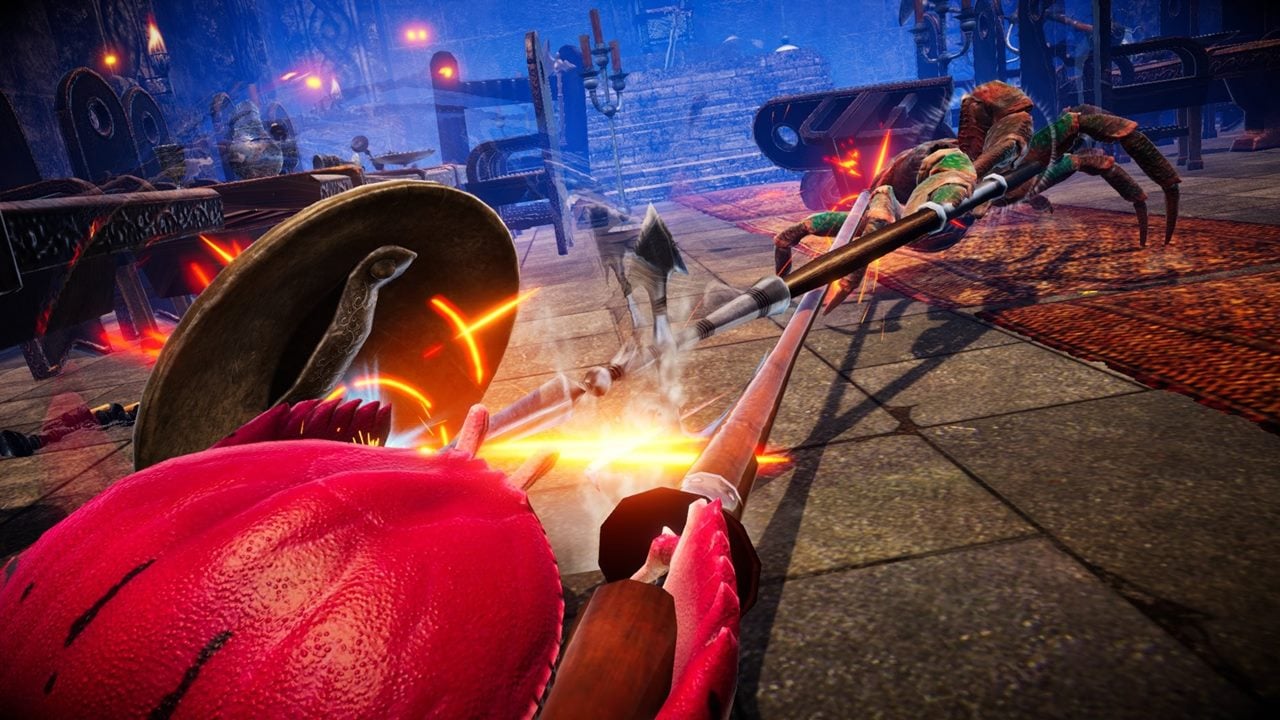
Believing this could really work, we decided to make our move quickly while everyone was still flailing around wondering what to do during the coronavirus pandemic, so we had another consultation with Mr. Konuma, and in September, we held our very own live broadcast event called the PLAYISM Game Show. This also resulted in more than 1.1 million views from all over the world. I believe that the speed with which we changed our stance in this area was what made the year turn out so well for us.
Even after the coronavirus crisis has calmed down, online events will probably stick around in the future. I think that using both online and offline events in tandem, in a practical and effective way, will be the key to future promotions.
Publishing launch titles for the next-gen consoles
This year was also the release year for the next generation of consoles. In a stroke of good luck, we were approached about releasing Bright Memory for the Xbox Series X|S and Godfall for the PS5 as launch titles. These releases were not the results of some detailed plan; it really felt as if they’d dropped into our lap. They both came out of nowhere.
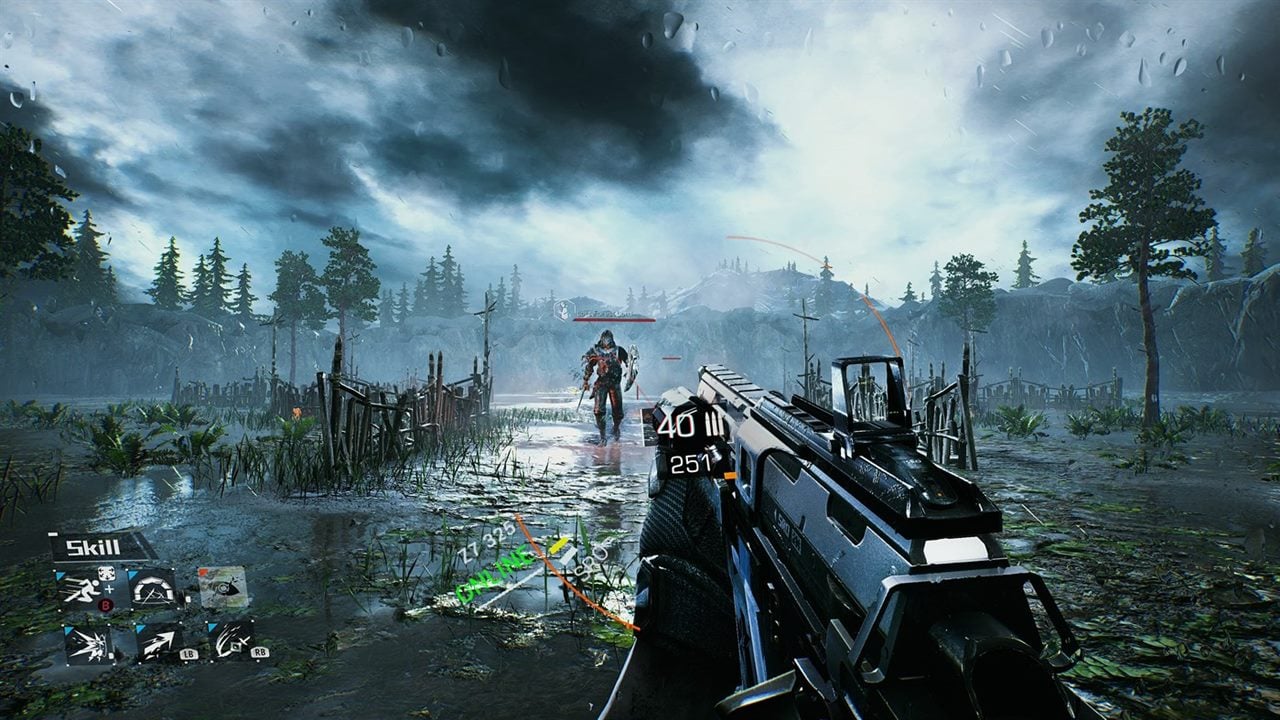
Being a launch title for a game console is packed with great opportunities. Not only is it naturally a chance that only comes along once every five years or so, but there are (currently) only three major console types. To be a launch title for one of them is to hitch your game to the fate of that game console, and since the various platforms typically go all-in on launch promotions, it’s the best possible timing if you want to attempt to maximize recognition for your title. Being able to hitch a ride on that train was huge for us. In fact, we were able to seize several chances to boost the name recognition of PLAYISM itself, as well as those titles.
That being said, releasing both titles in time for the launch days of their respective consoles was a major ordeal. Somehow or other, we always seemed to be desperately short on the information we needed. It was natural enough, since no one had ever launched a game for PS5 and Xbox Series X|S before, but the hardships of walking that heretofore untrodden path were still beyond description. Even for a flawless organization, there would still be all sorts of issues with getting the content released. Since our next chance might not come our way so easily, we had no choice but to work responsibly with what we had and do our best to keep on selling games.
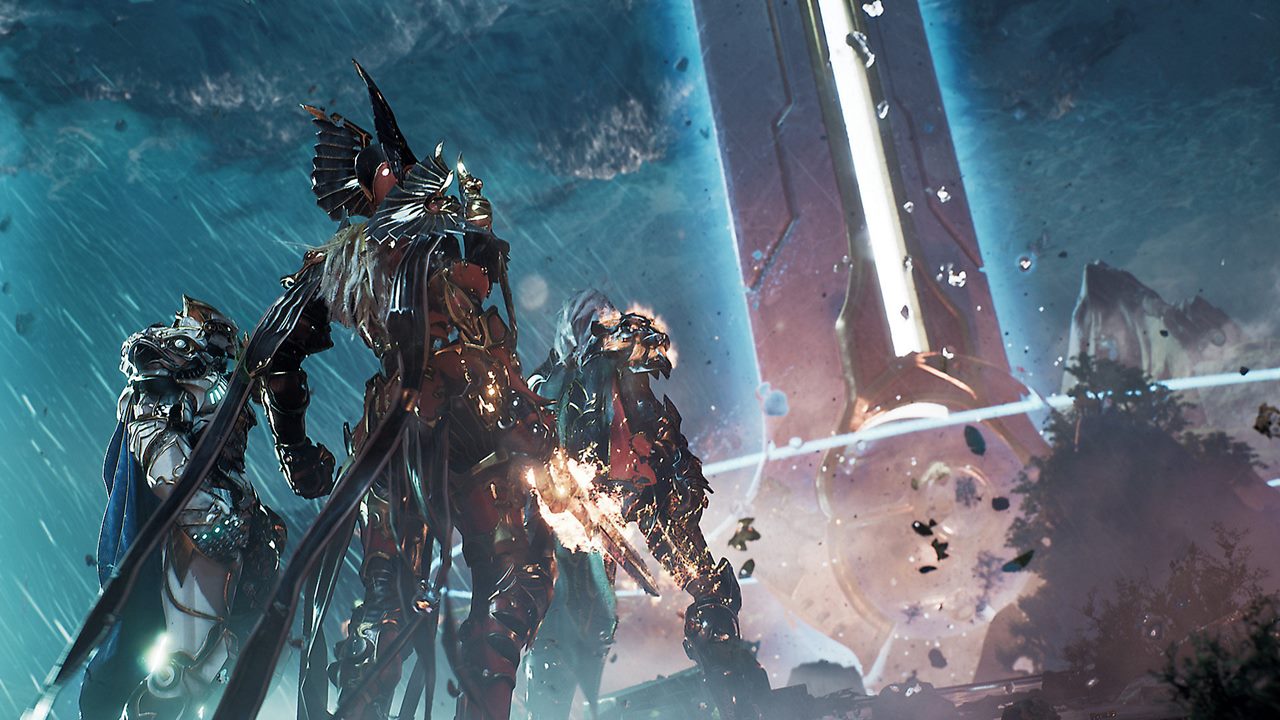
By the way, whenever a new game console comes out, there’s usually a certain amount of fuss about whether this will be the final generation of consoles. People also talked about this back when the last round of consoles launched with the PS4 and Xbox One. Cloud gaming is becoming more and more advanced, with unlimited-play services like the Xbox Game Pass being introduced for it, and of course with the way the specs for PC games can be ratcheted higher and higher, the role of dedicated game consoles is likely to keep getting smaller in the future.
Also, this generation of consoles has such high intergenerational compatibility that the reasons for being desperate to get your hands on the next-gen console right away are wearing thin. Plus, a lot of games are being released simultaneously for PC and current-gen consoles. It’s understandable that some might think this really could be the final generation of console gaming.
Nevertheless, the feeling I took away from the launch-title experience was that game consoles are probably not going away anytime soon. Hiroshi Yamauchi of Nintendo has stated that gamers will feel like they have to buy certain game consoles, since there are some games that you can’t play any other way, but even beyond that, I think there are video game fans who will always love game consoles, no matter what.
There’s really nothing that can replace that exhilarating feeling when people all over the world are united in our anticipation for the moment of a big release. That feeling of expectation, when a new game console is coming out, has an incredible amount of passion in it. I feel like, even if the role of consoles gets smaller, they’ll probably at least keep coming out with new ones, simply because everyone loves experiencing that feeling together.
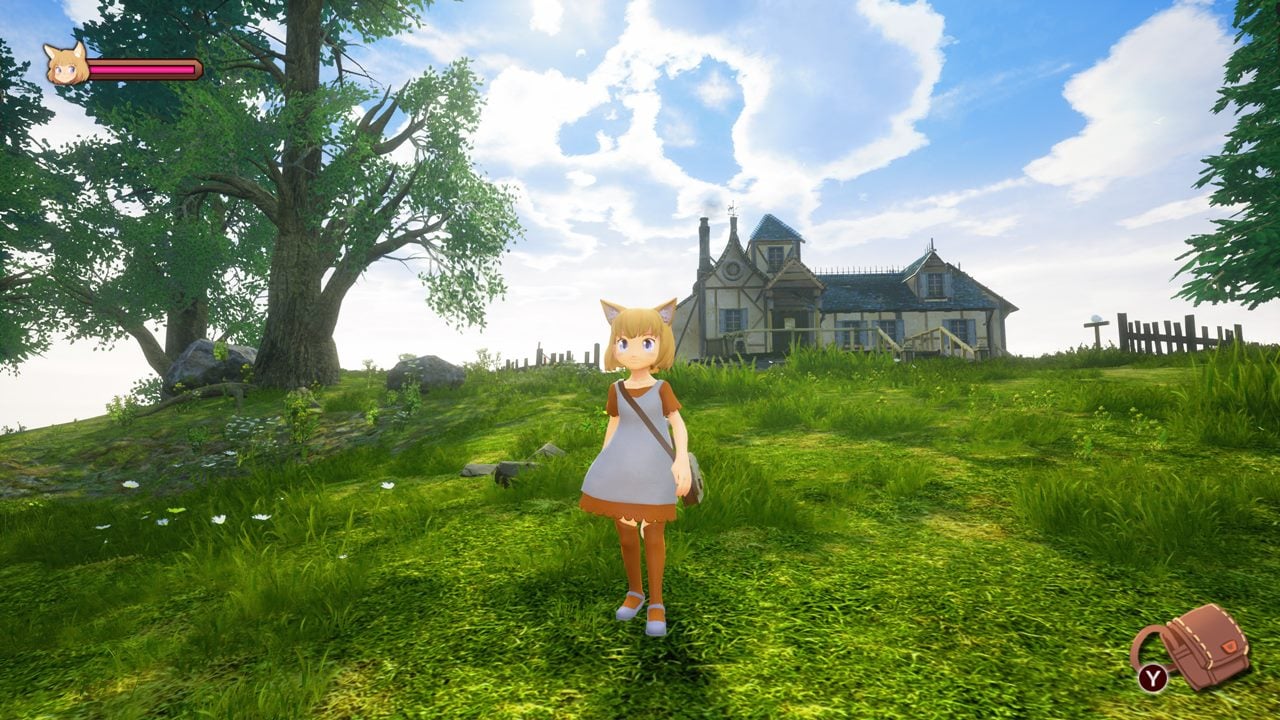
In any case, at the moment of launch, it was an incredible honor for us to have a seat at that table, even at the very lowest place. I think, more than anything, it meant a lot that we were able to create the conditions that allowed indie games like ours to be a part of that moment. I remember feeling a lot of hope about the Nintendo Switch when I saw Goichi Suda of GRASSHOPPER MANUFACTURE talking about indie games at the unveiling event for the Switch.
As far as the future of the indie gaming scene goes, I think there’s a lot of value to be found simply in the fact that a small publisher like us is in a position to come out with launch titles for the PlayStation 5 and Xbox Series X|S, which is why I worked so hard on this. Hopefully, the fruits of that labor are going to show up over the next year, and the year after that. We want to keep on releasing, not just mega indie games, but even the small indie games that have a bit of zing to them.
Indie publishers standing at a crossroads, as the market scale for Japanese indies expands
We’ve been working with indie games for almost 10 years now, and we’ve been launching many Japanese titles into the larger world for a long time. This year, we had the privilege of managing and selling a wide variety of titles, such as Giraffe and Annika, DEEEER Simulator, LA-MULANA 1 & 2, Fight Crab, and The Tower of Permanence. What’s more, each of those titles was fortunate enough to meet with its own amount of praise and success.
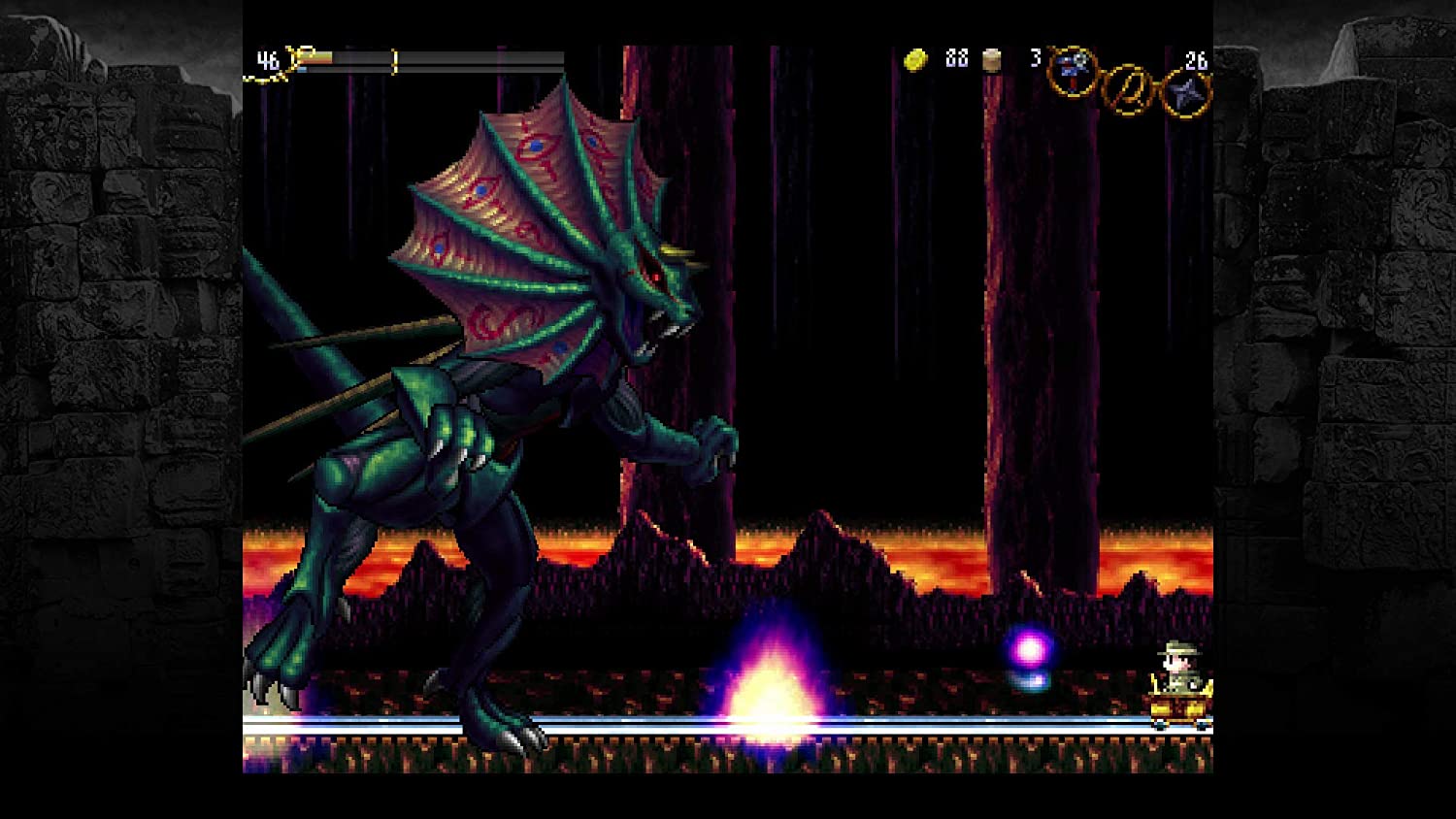
Still, the year 2020 saw a breathtaking run of other Japanese indie titles that were even more successful, such as Sakuna: Of Rice and Ruin, Craftopia, and Gnosia. The environment surrounding indie games is changing a little bit with every passing year, but those changes were especially big this year, and it felt like a year when the market scale for Japanese indie games was expanding by leaps and bounds.
Ten years ago, Steam was a very minor phenomenon in Japan, and home gaming consoles had not yet opened their gates to Japanese indie games. It was unusual for games like these to even get localized at all. Even the word “indie game” was far from mainstream use. But now, we’re creating and delivering indie games for the global market, and – although this isn’t just limited to Japan – playing indie games has become a commonplace thing over the last 10 years. In a year worthy of the saying that “our time has come”, I feel like we’ve been entrusted with a duty and a blessing.
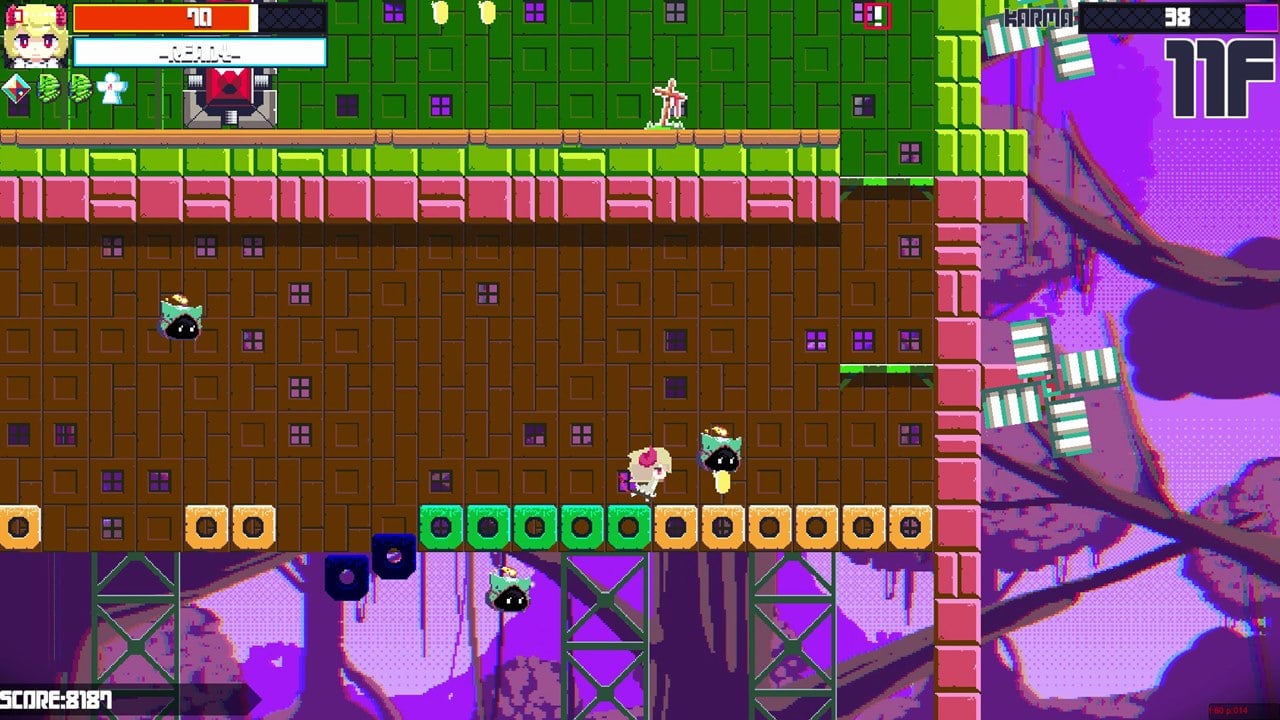
We’ve got a lot to look forward to next year and in the years to come, such as Tasomachi: Behind the Twilight, Outrider Mako, The Faceless Double…and most of all, the international release of the Nintendo Switch version of Gnosia.
On the other hand, a lot of not-so-nice news came out this year with regards to indie game publishers, and a lot of distrust toward publishers arose over the course of the year. The role of publishers had already been shrinking with every passing year. Back in the day, publishers were essential, since you couldn’t just release your own games for Steam and game consoles. However, nowadays, the path to self-publishing for every imaginable platform has been opened wide. And now that we’re no longer essential, there are more hurdles popping up for publishers with every passing year.
We are not a perfect organization, and we do cause some inconveniences day by day, since we can’t live up to the expectations of every single user, developer, and other interested party. For that matter, there’s something about being an indie publisher that makes it seem like an intrinsically sketchy job. We paste our own name on things that aren’t really ours and sell them, after all.
That’s why we have to be extra careful about how we do our job. We make sure not to raise our voices and stay away from unnecessary physical contact in order to avoid being sued for workplace harassment or sexual harassment. We also make sure to pay our developers their royalties punctually every month. I’m amazed by how reliably our company president deposits our salaries every month without a word of complaint.
We also have to be very careful not to trample on the rights of our developers…and there’s more where that came from, but generally speaking, we have to rack our brains to deal with all sorts of problems day in and day out, while still somehow getting on with our jobs as usual.
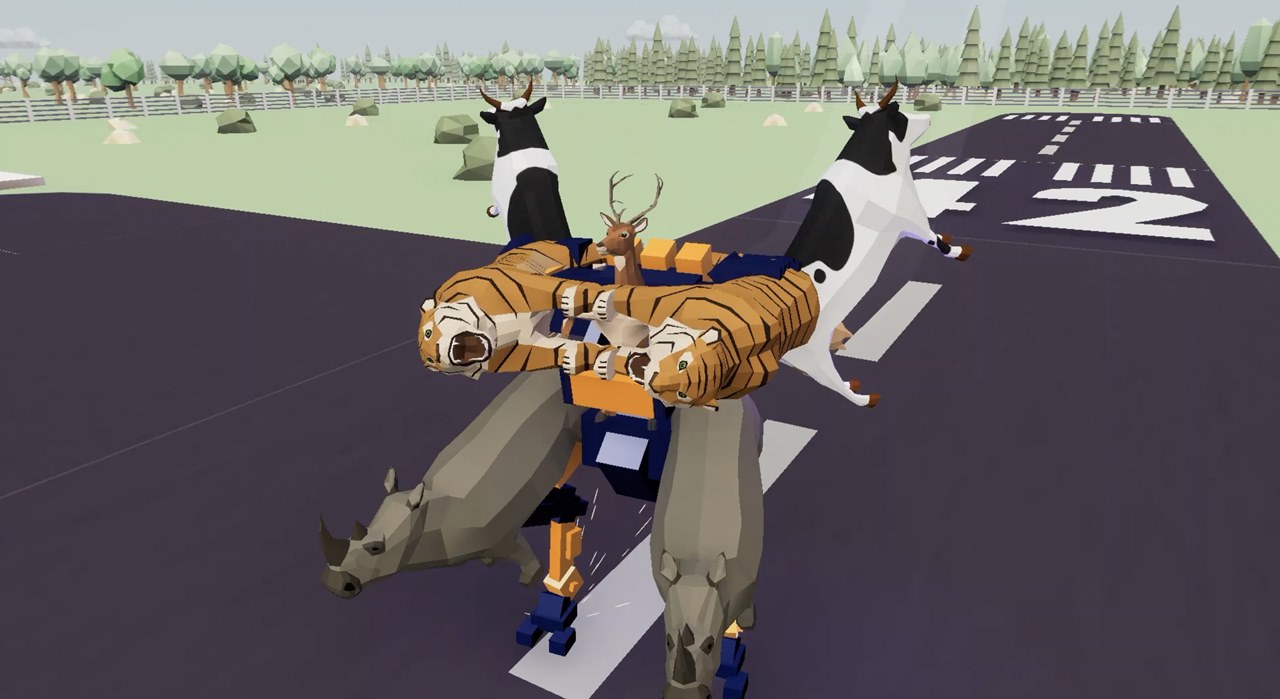
In any case, indie publishers are currently standing at a crossroads. On a personal level, we find ourselves worrying, “Will publishers even be needed any more in the future?” One of these days, the things we can do may no longer be necessary. How can we be useful to the indie game scene as it continues to grow?
In other words, although I have strong feelings about the incredible growth of Japanese indie games this year, I also wonder whether we publishers will be able to continue as part of that trend, which I feel is an urgent issue.
Then again, when I really think about it, it’s always been that way. Ever since PLAYISM began, we’ve been determined to keep up with the quality of our titles and the intentions of our developers. Again and again, we’ve ended up in charge of titles that were far beyond anything we deserved. That’s why we absolutely have to keep our noses to the grindstone, so that we can keep on bringing you these wonderful indie games, whatever it takes.
Besides, on a personal level, and as gaming fans ourselves, we always eagerly look forward to encountering these incredible games, titles so good that it’s hard to believe they’ve been entrusted to us.
I’ve written a lot here, but it’s been that kind of a year. This probably isn’t the place to say it, but still, I’d like to thank each and every one of our staff, developers, platforms, media sites, affiliated companies, and above all, our wonderful gamers.
So, what am I expecting 2021 to be like? I think 2021 is going to be a breakthrough year for PLAYISM.


